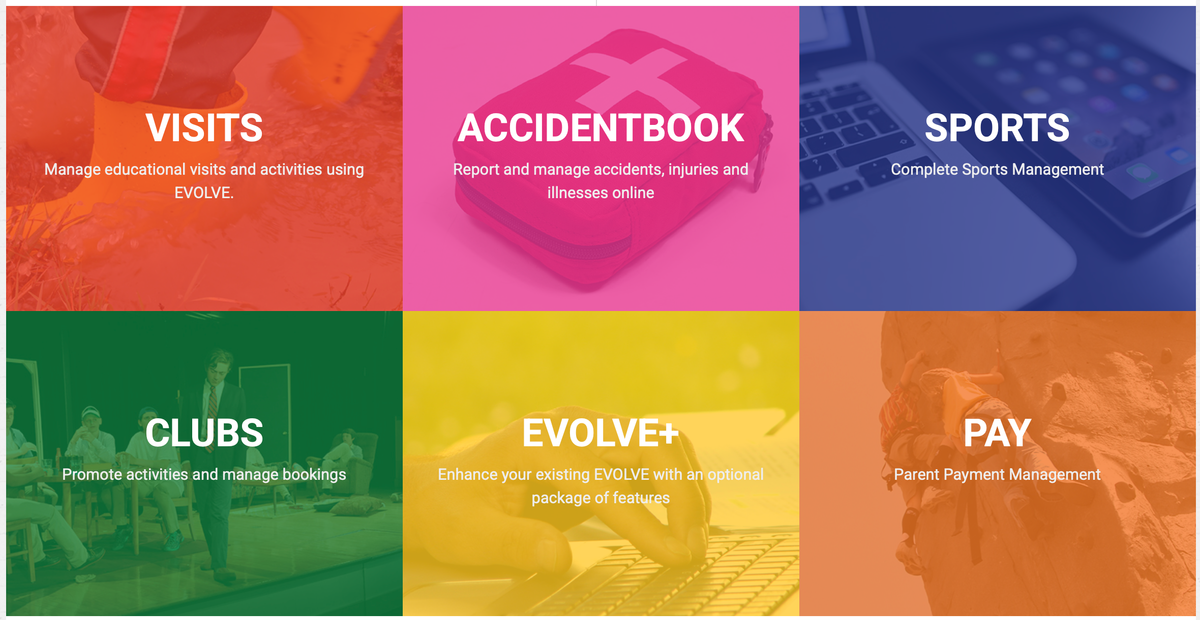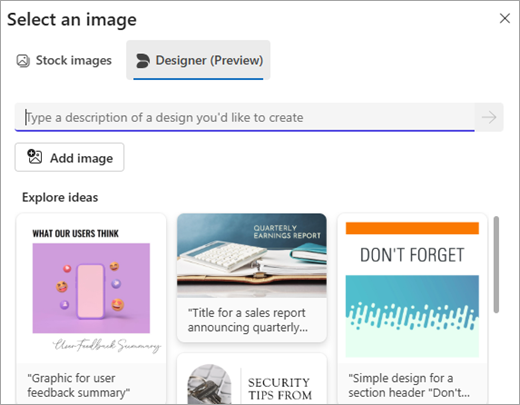EVOLVE: Streamlining School Trip Management for Modern Education
Discover how EVOLVE is transforming school trip planning from a paperwork burden into a streamlined digital process. Learn why schools across the UK are adopting this comprehensive system to enhance safety, reduce administrative workload, and ensure compliance while making educational visits more...

Why School Trip Management Needs a Digital Upgrade
The administration of school trips has undergone significant changes in recent years. The process has evolved from basic permission forms and safety checks to a more comprehensive system of documentation and compliance measures. This transformation reflects the increasing focus on student safeguarding and risk management in educational settings.
Several key aspects of trip management require careful consideration in modern schools:
- Documentation management, including consent forms and administrative records
- Coordination of parental permissions and financial arrangements
- Development and maintenance of comprehensive risk assessment protocols
- Collection and verification of essential health and dietary requirements
These administrative requirements present significant operational challenges for educational institutions. Teaching staff often find their time divided between essential trip preparation and managing necessary documentation. The Health and Safety Executive guidelines outline specific documentation and risk management requirements, which can be particularly challenging to implement and monitor effectively within traditional administrative systems.
Traditional administrative methods face several limitations:
- Paper-based documentation can be difficult to track and maintain effectively
- Student health and dietary information requires regular updates to remain current
- Dispersed record-keeping systems can complicate approval processes
- Documentation for regulatory compliance may be challenging to collate and present
Financial management adds another layer of complexity to trip administration. Manual tracking of payments can lead to discrepancies in accounting records and increased administrative workload. Schools must carefully monitor deposits, instalments and outstanding balances, whilst ensuring accurate reconciliation of accounts. This process often requires significant time investment from administrative staff.
Schools with comprehensive extracurricular programmes face additional organisational demands. The need to coordinate multiple concurrent activities, from sports fixtures to cultural visits and residential programmes, requires robust management systems. Parents and stakeholders expect clear, timely communication and well-organised arrangements, highlighting the limitations of conventional administrative approaches.
Understanding EVOLVE: More Than Just a Digital Form
Digital management systems have emerged to address these administrative challenges. Purpose-built platforms now offer structured frameworks that align with educational visit guidelines and institutional policies. These systems are designed to support schools in meeting their regulatory obligations whilst maintaining compliance with various inspection requirements and governance standards.
Contemporary digital solutions offer sophisticated workflow management capabilities. These systems can differentiate between various types of educational visits, adjusting documentation requirements and approval processes according to specific parameters. For example, whilst local educational visits may follow simplified protocols, international excursions typically require enhanced oversight and additional authorisation steps, reflecting their increased complexity and risk profile.
Modern management systems incorporate several essential functionalities that enhance administrative efficiency:
- Secure document repositories featuring automated version tracking and archival systems
- Automated communication channels that provide timely updates to relevant parties
- Compatibility with established school information management platforms
- Systematic verification tools to help ensure adherence to educational visit guidelines
Digital management solutions demonstrate significant benefits in reducing administrative workload. The consolidation of documentation into a centralised system represents an improvement over managing disparate spreadsheets and paper forms. This systematic approach to organisation reflects the ongoing development of administrative practices in education, enabling staff to allocate more time to educational planning and delivery.
Advanced reporting features within these platforms provide school leaders with detailed analytics and oversight of educational visits. These insights support informed planning and resource allocation whilst helping to demonstrate adherence to safeguarding protocols. The data collected through these systems can be particularly valuable during educational inspections, offering clear evidence of the school's methodical approach to trip management and safety procedures.
Real Benefits for Educational Staff
Experience across the education sector demonstrates how effective management systems can enhance the efficiency of school trip administration. When implemented thoughtfully, these solutions help transform complex administrative processes into more manageable workflows, offering practical advantages for educational staff in their daily operations.
Digital platforms support the efficient organisation of recurring events such as sports fixtures through customisable templates and adaptable risk assessment frameworks. This systematic approach helps streamline administrative processes whilst maintaining rigorous safety standards. The structured guidance provided by these systems assists staff in methodically addressing each planning requirement, contributing to comprehensive event preparation.
Digital management systems enhance the clarity of approval processes through structured workflows. Status tracking provides visibility of each stage in the authorisation sequence, whilst automated notifications ensure stakeholders remain informed of progress. This systematic approach helps reduce administrative communication overhead and provides greater certainty for trip organisers.
- Dynamic risk assessment tools that adjust requirements according to specific activities
- Integrated validation systems that support alignment with educational standards
- Remote accessibility features for managing time-sensitive information
- Flexible document creation tools for consent and health information forms
When organising residential trips, structured digital platforms facilitate a methodical approach to planning. The systematic framework enables staff to develop detailed itineraries that encompass key elements such as accommodation arrangements, travel schedules and catering requirements. These systems can be configured to reflect individual school policies, incorporating specific authorisation procedures for adventurous activities or adapting documentation formats to align with institutional standards.
A significant advantage of digital management systems is their capacity to preserve organisational knowledge. Staff can access historical trip documentation as reference points for future planning, maintaining continuity in educational visits whilst refining established practices. This functionality proves particularly beneficial for recurring events such as annual cultural exchanges or field studies, where systematic documentation supports continuous improvement in planning and delivery.
Looking Ahead: The Future of School Trip Management
The management of educational visits continues to adapt to meet contemporary requirements for safety and administrative effectiveness. Modern approaches to school trip organisation reflect the broader developments in educational administration, emphasising systematic documentation and thorough oversight.
Current developments in school trip management systems reflect evolving operational needs. Features such as dynamic risk assessments, instant communications and remote access capabilities are increasingly regarded as essential components rather than optional additions. These tools enable educational institutions to adapt promptly to changing circumstances, from adverse weather conditions to transport modifications, whilst maintaining appropriate safety protocols.
The reduction in administrative burden through digital systems yields tangible benefits for educational staff. By automating routine documentation tasks and approval processes, these platforms allow teachers to dedicate more time to enriching the educational content of visits and focusing on student engagement. This shift in time allocation helps ensure that the pedagogical value of educational visits remains the primary focus.
The future of educational visit administration suggests several emerging developments:
- Further development of data integration across educational platforms to support cohesive information management
- Analytical tools for assessing educational outcomes and resource allocation effectiveness
- Enhanced communication systems offering secure digital authorisation and status updates for families
- Environmental impact monitoring capabilities to support sustainable educational visit planning
The ongoing development of educational regulations, particularly those concerning student safeguarding and risk assessment, highlights the importance of adaptable administrative systems. Educational institutions that implement comprehensive digital management tools are well-placed to respond effectively to changes in compliance frameworks whilst maintaining high standards of student care.
Looking ahead, the evolution of educational visit management suggests a balanced approach that integrates administrative efficiency with pedagogical objectives. As systems continue to mature, their role extends beyond basic compliance to support the thoughtful development and delivery of enriching experiences that complement classroom learning.




